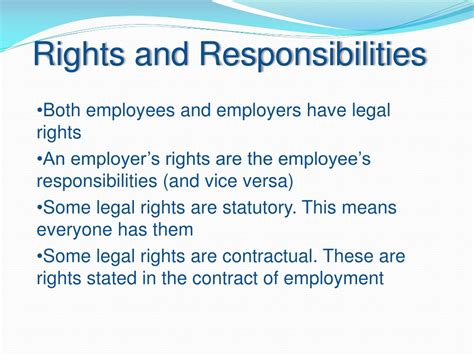The recent declaration by an NLRB judge that non-compete clauses constitute unfair labor practices has reverberated through the labor sphere, prompting a lively debate among workers, employers, and labor rights advocates alike. This ruling, a landmark in its own right, not only sheds light on the controversial practice of union salting but also forces a deeper examination into the protections afforded to workers under employment law. While the decision is celebrated by worker unions and labor rights supporters, it also raises valid concerns from the employers’ perspective, especially regarding the integrity of job applications and the right of businesses to make hiring decisions based on comprehensive evaluations of candidates.
Union salting, a practice where union organizers seek employment within non-unionized companies to initiate organizing efforts from within, has long been a contentious tactic in labor relations. The NLRB judge’s decision that lying about union affiliation during job application processes is a protected activity underlines the complexities employers face. They may feel justifiably confused or threatened by the notion that they cannot take truthful representations of employment history at face value. However, labor advocates argue that this protection is necessary to balance the power dynamics between employers and employees, ensuring fair labor practices and protecting workers from discriminatory hiring practices based on union affiliations.
A significant point of contention highlighted by various commentators is whether it is ethical or legal to omit or fabricate elements of one’s employment history. Users on platforms such as Reddit and other forums have expressed a range of opinions, with some insisting that omitting certain past job details like union involvement is understandable. In contrast, others staunchly oppose the fabrication of qualifications or past employment details as fundamentally dishonest. This dichotomy reflects a broader societal struggle with the concepts of honesty and pragmatism in professional settings.
In terms of legal ramifications, the ruling underlines an important precedent: employers cannot legally fire workers purely based on misrepresentations related to union affiliations. This precedent makes a crucial distinction between lies that infringe upon legal hiring and firing criteria and those that are protected to uphold workers’ rights to unionize without fear of retaliation. Legal expert consensus suggests that while omissions may be permissible in certain contexts, inventing qualifications remains indisputably illegal and grounds for termination. This nuanced view attempts to strike a balance, ensuring that employees can exercise their rights without unduly compromising the honesty and integrity expected in the hiring process.
Reflecting on international practices, comparisons with countries like Germany, where certain invasive questions on employment applications are deemed illegal, provide additional perspective. In Germany, potential employees are legally permitted to lie in response to non-permissible questions, making such inquiries effectively useless. This practice aims to protect personal information and ensure fairness in the hiring process. The United States, with its diverse state-level labor laws, finds itself grappling with varying degrees of protection for workers, and the debate continues on whether allowing certain lies could standardize protections across the board without compromising overall employment integrity.
From the broader perspective, these discussions bring into focus the need for a balanced and equitable approach to labor laws that protect workers without unduly hampering employer rights to make informed hiring decisions. The ruling hints at a future where more robust protections might be enshrined in law, potentially impacting various aspects of employment practices, from hiring to non-compete agreements. As the legal landscape evolves, stakeholders from both sides must continue this dialogue, ensuring that the scales of workplace justice are balanced, fair, and equitable for all.


Leave a Reply